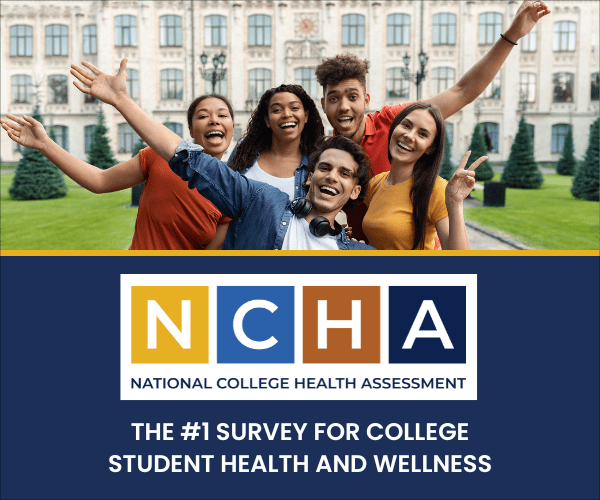As a principal component of the core values of our association, ACHA fully embraces social justice, human dignity, and respect for all. Accordingly, the association has adopted the following organizational position:
The American College Health Association (ACHA) supports students’ unfettered access to comprehensive sexual and reproductive health services – including education, counseling, testing for sexually transmitted infections and HIV, access to contraceptive options, emergency contraception, preconception counseling, pregnancy and postpartum care, and abortion. These services reflect a reproductive healthcare framework based on an individual’s right to have children, not to have children, and to parent children in safe and sustainable communities. With the June 2022 United States Supreme Court decision in Dobbs v. Jackson Women’s Health Organization that formally overturned Roe v. Wade and Casey v. Planned Parenthood of Southeastern Pennsylvania, individual states are now able to regulate and restrict abortion services. Numerous states have already adopted severely restrictive reproductive health laws or are prepared to enact such laws – some of which outlaw abortion at early gestational age without exception or limit access to safe and effective medications.
The Dobbs ruling sets a dangerous precedent at both the state and federal levels – one that could result in restrictions on bodily autonomy as well as institutions’ and professionals’ ability to provide sexual and reproductive health information and resources to students. Unfortunately, ongoing legal challenges threaten the ability to provide comprehensive reproductive health care throughout our country and ACHA vows to support and advocate for our member institutions with education and research as they navigate this changing medico-legal landscape.
The American College of Obstetricians and Gynecologists states that abortion is an essential component of comprehensive health care. Lack of access to the full spectrum of reproductive health services will disproportionately affect people of color, those with limited income or who are living in rural areas, adolescents, trans persons who can become pregnant, and other communities that experience marginalization and health inequity.
While there are a variety of individual and institutional views on reproductive health care, access to comprehensive, evidence-based sexual and reproductive health resources is vital in supporting the long-term success and retention of students in higher education. Access to these services is crucial in supporting students in completing their degree.
Adopted by the ACHA Board of Directors on March 10, 2023.
Topic
DEIJA, Sexual & Reproductive Health
Audience
Campus Executives, Community Based Organizations, Faculty/Researchers, Health & Wellness Center Administrators, Health Care Providers, Health Promotion Specialists, Mental Health Providers, Student Affairs, Students/Patients/Families
Resource Type
Organizational Position Statement
Publish Date
March 10, 2023






